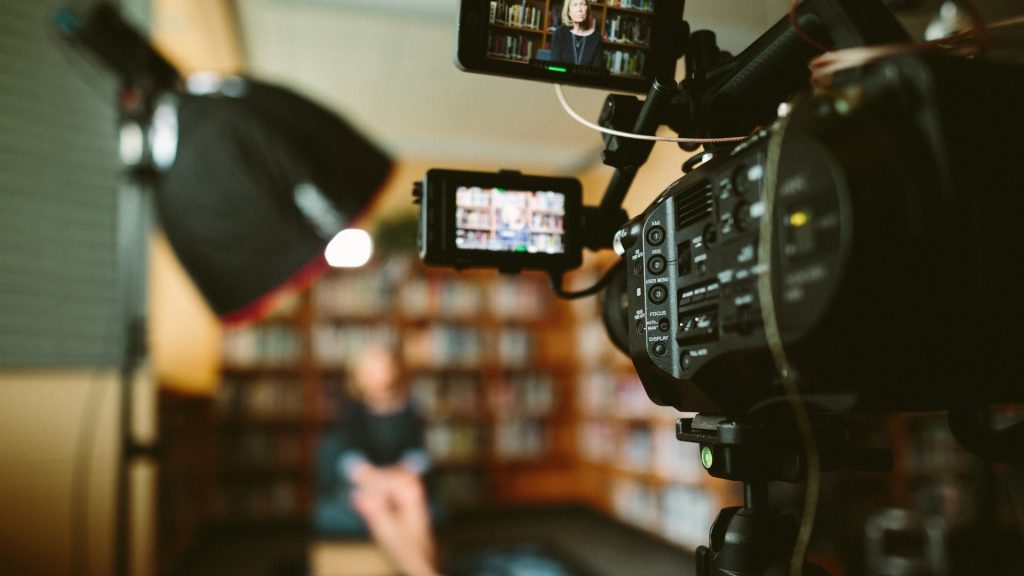’TV teacher’, interactive school classes broadcast on TV

To alleviate the impacts of COVID-19 policies, many initiatives have been developed by civil society organisations – NGOs, local governments, or citizens. A team of national researchers from the RESISTIRÉ project has collected and highlighted a set of particularly relevant initiatives in 27 European countries and in Iceland, Serbia, the United Kingdom and Turkey. These Better Stories currently cover eight specific domains: gender-based violence, the labour market, the economy, gender-pay and pension gaps, gender care gaps, decision-making and politics, environmental justice, human and fundamental rights.
This Better Story was collected by Vanda Maufras Cernohorska.
The adverse effects of long-lasting school closures
On March 11, 2020, the Czech government issued a full stop of in-person lessons in primary and secondary school institutions. Schoolchildren (elementary and kindergarten) first started to come back towards the end of May 2020, though the operation of schools was again reduced from mid-October 2020 onwards and they only reopened at the end of November/beginning of December 2020. Another closure came at the beginning of January 2021, with youths and children only starting to come back in mid-April and an overall reopening at the end of May 2021. The long-lasting school closure impacted not only children (and potentially widened existing inequalities related to education and class/socio-economic background) but also meant additional stress and workload for parents (mainly women), who had to support and oversee their children’s education, and teachers.
A series of interactive school lessons broadcast live throughout most of the pandemic
Czech Television created a series of live interactive school classes called TV Teacher [UčíTelka]. These were broadcast to children at an elementary school level every day between 9.00 – 12.00, while the afternoon programme targeted older pupils. The initiative was launched right after the first closure of schools in March 2020, reacting quickly to the unfolding crisis and compensating for the initial lack of government-issued materials, guidelines or programmes that could have assisted parents and schools with remote learning. The offered classes included mathematics, Czech language and social sciences, while other subjects like foreign languages and PE were added later. The project was reintroduced every time the schools were closed down again, effectively broadcasting during most of the pandemic (with the exception of summer and early fall 2020). The show’s content was created in cooperation with the Ministry of Education and Czech Television later launched a dedicated website with additional educational materials, videos, etc. The initiative received lots of praise from both parents as well as teachers of elementary school pupils, who during the first COVID-19 wave received little to no guidance from the Ministry of Education. This type of initiative could feasibly be adapted to other national contexts in crisis situations.
Photo by Sam McGhee on Unsplash
